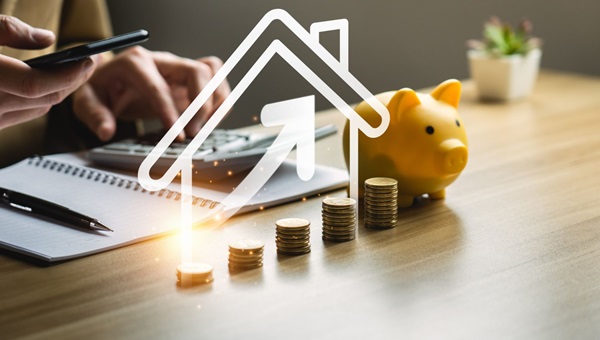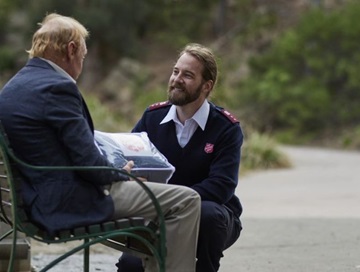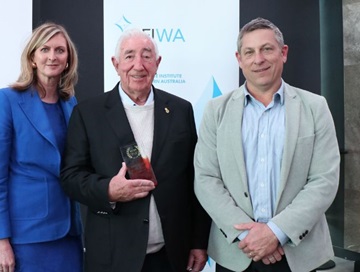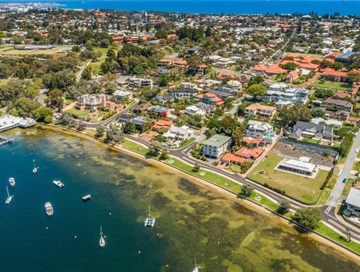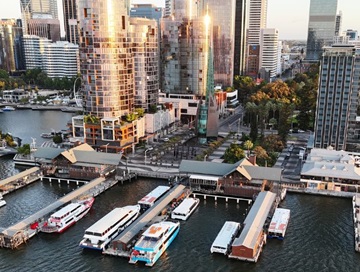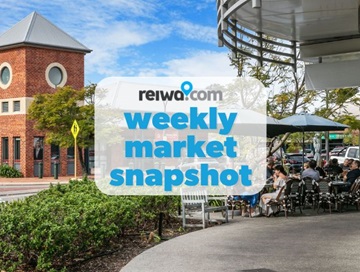The dream of owning your first home is exciting, but it also comes with the daunting task of saving for a deposit. To make the process of buying your first home a little less stressful, we’ve set out some of the key things to consider before you begin.
How much can I borrow?
Make an appointment to see your bank or a financial advisor so you can discuss what types of loans are available and understand how much you can borrow. This will help you determine how much you need to save for your deposit.
What are my expenses?
It’s important to have a good understanding of your weekly, monthly and yearly expenses so you are not overstretching yourself with your monthly loan repayments. Remember that your expenses are likely to increase once you purchase a home – council rates, water rates, home and contents insurance and ongoing maintenance should be included in your budget.
When it comes to saving for a deposit, working out what you spend each pay can help you identify where you can make additional savings. Most banks offer a free budget planner to help you keep track of your spending – you can even choose your own spending categories.
Expenses to consider
- Rent
- Water, gas and electricity
- Mobile phone and internet
- Health insurance
- Credit card debt or other loans
- Car expenses including registration, insurance, servicing and petrol
- Public transport and taxis
- Groceries
- Subscription services such as Netflix and Spotify
- Gym membership
- Costs relating to pets
If you are not currently paying rent, depositing the approximate amount of the proposed mortgage repayments into a savings account is a great way to build up your savings, manage your budget, and demonstrate the savings history required by banks when applying for a loan.
What tools can I use to help me budget?
Take advantage of resources like budget planners and guides for first home buyers. The top four banks all offer a free budget planner and other tools to help you save.
REIWA has a comprehensive first home buyer guide tailored to West Australian buyers. It covers everything from sorting out your finances to choosing between new or established homes and what to look for in a property.
A mortgage broker can help you navigate the complexities of home loans, compare loan options from different lenders, and assist you in securing a loan that suits your financial situation. They can also provide guidance on the various costs associated with buying a home and help you understand the loan application process.
What financial assistance is available?
There are a number of government incentives available to help you on your property journey.
If you are struggling to save the 20 per cent deposit typically required for a home loan, or you can't get approval for a loan from a traditional lender, you might benefit from speaking to Keystart. Their loans are ideal for first home buyers as they have a lower entry cost, low deposit requirements (as little as 2 per cent) and you won’t need to take out lender’s mortgage insurance, which sometimes cost as much as $10,000.
The Federal Government offers a similar low deposit initiative called the Home Guarantee Scheme.
You could also make use of the Federal Government’s Super Saver Scheme (FHSSS) which lets first home buyers achieve a deposit through their super. You can apply to withdraw a maximum of $15,000 of your voluntary super contributions from any one financial year to buy your first home. Across all years, the maximum amount you can withdraw is $50,000 of personal contributions, plus earnings.
